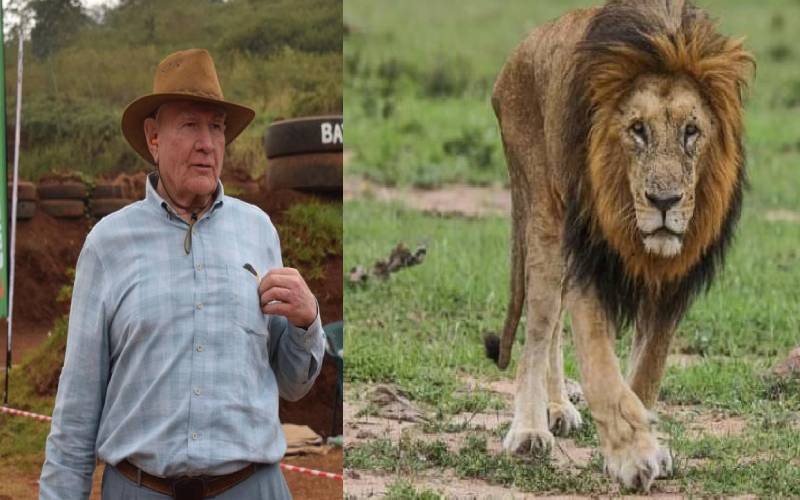×
The Standard e-Paper
Home To Bold Columnists

Robert Poole, a game hunter's thrill and nostalgia of gone good old days. [Courtesy, Standard]
Robert Poole, a retiree, does not sit under trees regaling people with stories of his past.